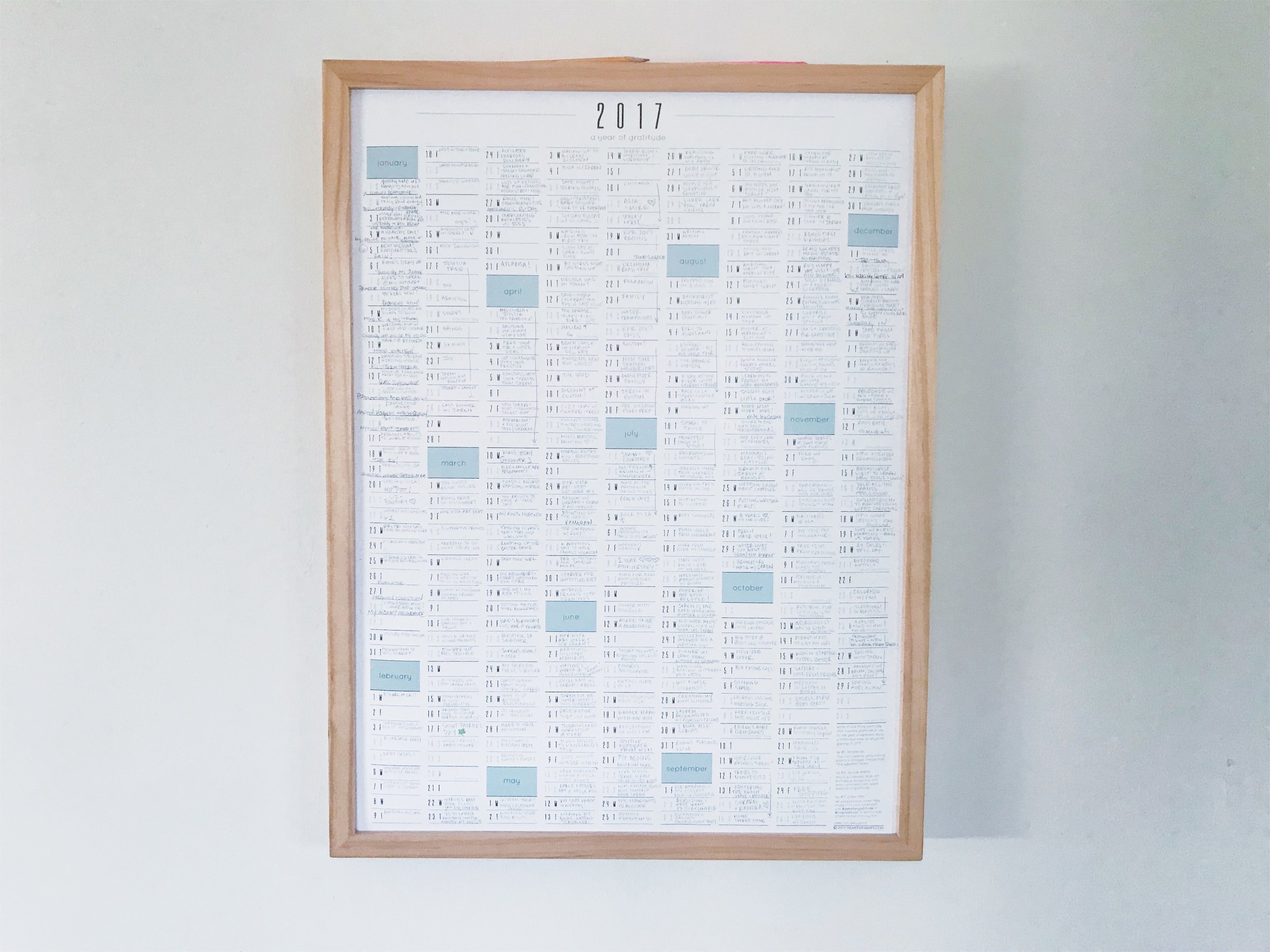MIND POSTS:
Last week a friend shared the story circulating on social media about the human rights lawyer, Steven Donziger who tried to go after Chevron for dumping tons of toxic chemicals in the Ecuadorian rainforest (which they’ve admitted to) and lost, only to be counter-prosecuted for contempt of court. Donzinger was sentenced to 6 months in prison. One of the judges involved in his case, Loretta Preska, is a leader of the Chevron-funded Federalist Society.
I have a confession to make that might be obvious to you if you’ve been following my work over the last few years: I am a big proponent of spiritualism. This naturally conflicts with my desire to explain the science behind all of the things I preach on this blog. I want you to know the science because I want you to understand how the machine (your mind, your body, your nervous system, your spirit) works. But every now and again there’s a practice I lean into that hasn’t been adequately measured by science—can’t, actually, be measured, yet, because the tools for such measurement don’t yet exist.
I once heard grief described as ‘love that has nowhere to go.’
From a somatic psychology perspective, this makes sense. Grief is often experienced as a sort of restless sadness—a longing for something permanently out-of-reach. But what if we gave that love a place to go?
Yesterday I was about to post a video to Instagram, but stopped when I saw my reflection in the camera. Because I’ve become a pro at recognizing my reactivity, I decided to be honest with my community. I asked my Instagram community if they wanted me to share what it looks like when I reprogram an unhelpful narrative. They said yes! So here we are.
Having a strategy for self-regulation makes growth feel safe. These four simple steps will help you return to resilience the next time you’re off your game.
As February crops up—a month that for some reason got pegged as the most romantic—I'm compelled to talk about 'intimacy.' Not in the culturally normative 'physical' sense; I'm talking about a much broader form of intimacy that can be shared between friendships, family members, and that cashier you've never formally met but keep running into at the grocery store.
Big trips. They shake things up, shift our perspectives, and push us out of our comfort zones. They are thrilling, eye-opening, even empowering.
But they can also be uncomfortable.
A few weeks back my husband and I took a relatively impromptu trip to Big Sur, California.
We were both, independently (and also, by default, together) in a funk. But we both, independently (and together) really love beautiful new places—so we consciously left our funkiness in LA and let the Pacific Coast Highway views fill us up with new life.
What a strange year it has been. It's hard to say when the fog rolled in. It must have been early March. It rolled in slowly—crept in, rather, as it always does. By the time I noticed it was there, it felt hauntingly familiar.
Last week I shared a breakthrough I had about my self-worth as it related to body image, and the unhealthy story I was STILL telling myself.
This week I want to talk about a second breakthrough I had, while in the middle of my first, because, well... because you can’t time this shit to fit your schedule.
I have been hibernating. Lost in space. Hangin' solo. I don't know if it was the moon, the earth's shift into some other level of consciousness, or what (let's be honest I think it was both), but I have been navigating some seriously heavy feelings of late. It's not too dramatic, but I've been extremely introspective.
Imagine your world view as a window. With blinds.
Each blind presents an obstacle, of which there are many. The bright spots between the blinds represent the little joys, the moments of happiness, the feeling of connection and synchronicity—frankly, all the elements people allude to while trying to convince you that "life is beautiful."
If you've been on the internet—like, ever—you know the term, "basic bitch," (aka "basic," because who has time for multiple word phrases anymore).
If this isn't a part of your repertoire (who are you?? I'd like to join the social-media-free world you're living in), just know that it's a derogatory way to say, "if you're not 100% original, or if you're living up to a stereotype, you're basic." or, more succinctly: "you're a sheep."
2017 has been a divisive year: everyone I know has either loved or hated it. I did not love it. It has had so many—maybe too many—growing pains. My personal career pursuits have become clearer, but for most of the year they've been unsteady. Following the news has been stressful. Watching people go at each other's throats, cut each other down, and advocate hate has been disheartening. But as I stood before my 2017 Gratitude Calendar this morning, coffee in-hand, head tilted to the side, reviewing every single day that this Earth tripped around the Sun, I saw something emerge beneath the overwhelm: love, focus, and hope.
I write for a living. Unless you never went to school or learned how to read (in which case, if you're reading this: you are a miracle), you know that writing is a process. You get waves of inspiration accompanied by long pauses of dead space. "What's the best way to phrase XYZ?" or "How do I make that transition less dorky?" You get it.
It's been a weird few weeks. I have been busy working on gratitude calendar designs, sorting through various freelance writing gigs, and managing my personal writing schedule. On top of all the other random inconveniences of life: internet outages, incredibly involved vet visits, and the like.
Stumbled upon this illustration by Mari Andrew this morning. I think it's important to share because "healing" can be such a vague word, especially when you hear it over and over again. It tends to lose its meaning when you're in the thick of it. If you're open to a fresh perspective, you can reignite your motivation to heal those heavy spaces in your heart.

the journal //
here we explore the mind, body, and spirit from a comprehensive lens to include our physical environment and connection to others. i believe inner peace exists at the intersection of all five categories.
























The other day, in my Are You Open to Receiving post, I shared a journaling exercise I use whenever I notice any triggering "I am..." voices wafting through my brain.
These painful "I am..." statements show up in our psyches as shame.
I thought it might be helpful for you, if you're wanting more clarity on all of this, if I walked one of my recent shame triggers through the exercise. I personally learn better through examples, and I assume I'm not alone.